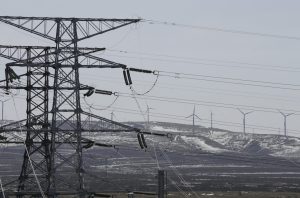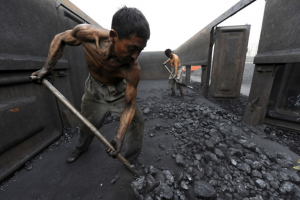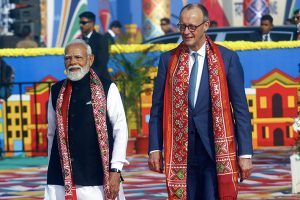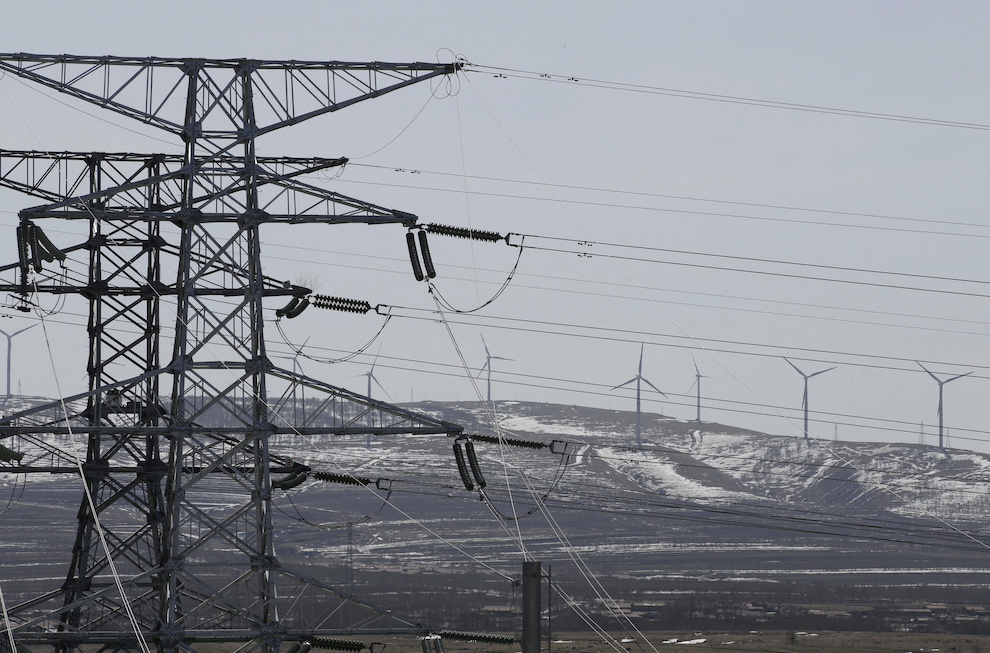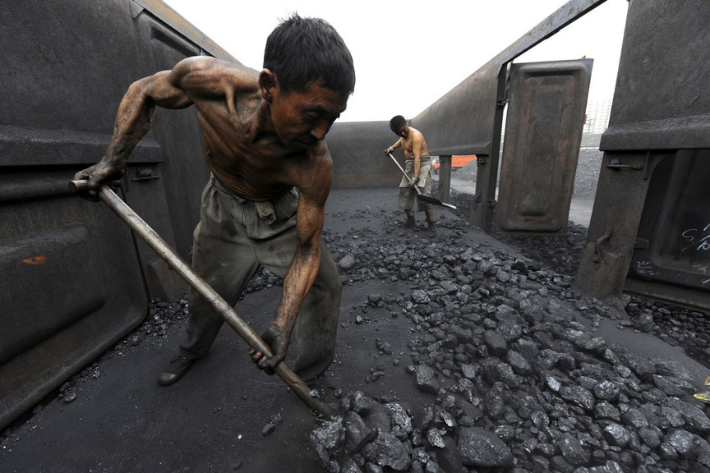Indian Prime Minister Narendra Modi is planning the biggest reform of the country’s goods and services tax in nearly a decade.
The move, at a time when the country is enjoying robust growth, will include large cuts to consumption tax on over 170 products – from hybrid cars to consumer electronics, sources have claimed.
The overhaul comes amid strained trade ties with the US, with Modi making repeated calls for increased use of Indian products. Modi first flagged his reform plan last month on Independence Day when he said he would make daily products cheaper for people in the world’s fifth largest economy.
ALSO SEE: Prabowo Cuts Lawmakers’ Benefits After Riots in Indonesia
His proposal includes reducing goods and services tax (GST) on consumer items such as talcum powder, toothpaste and shampoo from 18% to 5%, which is likely to boost sales at companies like Hindustan Unilever and Godrej Industries.
Air conditioners and television sets could see GST drop from 28% to 18% ahead of the Diwali shopping season starting in October, when brands like Samsung, LG Electronics, and Sony dominate sales.
India’s GST council, which is headed by federal Finance Minister Nirmala Sitharaman and has representation from the country’s states, is expected to finalise the list of items for tax cuts in a meeting on Wednesday and Thursday (Sept 3-4).
The finance ministry did not immediately reply to an email seeking comments on this story.
Move to ease fall in exports to US
The proposed tax cuts are also aimed at cushioning the expected fall in exports to the United States by boosting domestic consumption, helping raise farm incomes and encouraging self-reliance among Indian manufacturers.
India plans to cut consumption tax on key export items like fertilisers, farm machinery and tractors and their parts to 5% from 12% or 18% at present.
The reduction also extends to the textile sector – one of India’s largest exporters – that has been hard hit by US President Donald Trump’s tariff blitz, which saw a 50% levy imposed last week on all Indian exports.
A win for small ‘cleaner cars’
In a win for Japanese carmakers Toyota Motor and Suzuki Motor, Modi’s government has proposed reducing GST on small petrol hybrid cars to 18% from 28%. The carmakers have for years lobbied for cuts to tax on a technology they say is cleaner than petrol cars.
Lowering the tax on hybrids, which use a combustion engine and electric motor to power the vehicle, will bring it closer to the 5% GST on electric cars.
Indian EV makers Tata Motors and Mahindra & Mahindra have previously expressed fears that reducing the tax on hybrids risks derailing the country’s electrification ambitions.
The government has also proposed cutting the tax on motorcycles and scooters with an engine capacity of less than 350cc, which mainly includes commuter vehicles and covers 95% of close to 20 million two-wheelers sold in India last fiscal year by companies including Bajaj Auto, Hero MotoCorp and TVS Motor.
The proposed tax cuts are expected to lead to a resurgence in the sale of small cars in the world’s third-largest automobile market – a boost for Maruti Suzuki, India’s largest carmaker, as well as rivals Hyundai Motor and Tata Motors.
However, bigger cars, categorised as those longer than 4 metres in length and with a large engine capacity, will see a higher GST of 40%, up from 28%, but the government is expected to lower additional levies to keep the overall rate the same at around 50%.
India is also considering raising rates on items like coal, as well as services like betting, casinos and horse racing, while maintaining levies on colas and other carbonated drinks made by the likes of PepsiCo, Coca-Cola and homegrown Reliance Industries, despite calls for tax cuts.
- Reuters with additional editing and input by Jim Pollard




